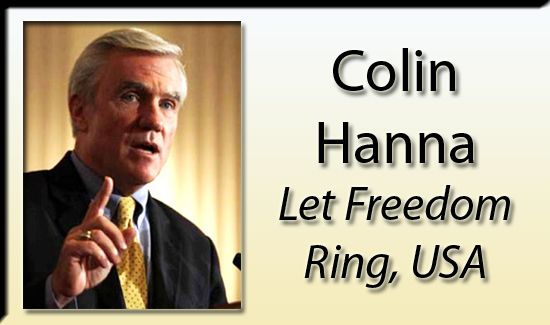Previewing the 2020 Presidential Race

In the traditional annual pollical cycle, Labor Day marks the beginning of the serious season – and in Presidential years, it happens twice. We are in the first phase of it now – a year ahead of the General Election, when the focus is on the parties’ candidates jockeying for funds and polling ahead of the actual state-by-state selection processes. Then, a year from now, the two finalists plus any credible third-party candidates will square off for the General. Let’s take a look at the contenders as they now stand.
On the Republican side, it’s no race at all, at least at this point. While longshots like William Weld and Joe Walsh have said they’re preparing to challenge Donald Trump for the party’s nomination, their candidacies are Quixotic at best.
But on the Democrat side, the battle is wide and earnest. Next week’s televised Democrat debate will feature the top ten candidates in money and polling. That means that twelve of the original 22 have either dropped out or are on the verge of doing so. It seems unlikely that any Democrat candidate not on the stage of ten next week will emerge as their party’s candidate.
That field is so large because President Trump is seen as highly vulnerable. His approval ratings are underwater by 5 to 10 points in all polls. His swing vote constituencies from 2016 are drifting away from him: blue collar workers who were attracted to either Trump’s nationalism or his commitment to bringing back some manufacturing jobs haven’t seen much improvement, and farmers have been hurt by the trade war. African American voters who resonated with Trump’s bold if somewhat crude pitch – he literally challenged them with these words, “what the hell have you got to lose?” – have heard Trump use language demeaning African American legislators which many consider racist. And he benefitted from running against a widely disliked candidate in Hillary Clinton. None of those factors is likely to be as much in his favor in 2020 as 2016. Suburban women in particular in states he barely won in 0216, like Pennsylvania, are polling against him by as much as 2 to 1. In every close state in 2016, Trump polls below all the top Democrat candidates by as much as 9 points. And if the American economy weakens over the next year, as many economists predict, he may lose his strongest argument for reelection. In a recent right-track, wrong-track poll, there was a 19-point margin in favor of wrong track.
For all these reasons, and more, his defeat should be near-certain, yet every one of his top ten Democrat opponents has such severe weaknesses that Trump may very well squeak through. Joe Biden’s age, health, gaffes, mental acuity, clumsiness in saying say why he’s running and general inarticulateness cast an increasing shadow over his front-runner status. Bernie Sanders’ own age, lack of genuine connection to the party, and identification with socialism all suggest that while he may be a very effective and amusing gadfly, he’s not going to be the final choice of the party. Elizabeth Warren’s age and long list of extreme policy proposals position her inextricably on the left fringe. Is today’s young and diverse Democrat party likely to develop the kind of enthusiasm that produces high voter turnout with any one of these three white septuagenarians?
The next two Democrat candidates, Cory Booker and Kamala Harris, dived precipitously in the polls after they were over-zealous in attacking Joe Biden in the second debate, but possibly one of them can recover. Pete Buttigieg is an especially intriguing candidate, but with no political experience other than being mayor of a small midwestern city, and with concerns about his ability to attract votes from the African Americans that are an especially crucial part of the Democrats’ primary voter base, he seems like a second-tier candidate who isn’t quite ready. Julian Castro barely made the cut for next week’s debate and can be expected to fade away without much notice. Amy Klobuchar’s campaign began in a snowstorm and hasn’t heated up since then. Beto O’Rourke hasn’t been able to kindle enthusiasm outside of Texas. Andrew Yang is clearly a very bright and interesting newcomer, but do the Democrats really want to pick a candidate for President who comes to the race with less political experience than Donald Trump?
Will Donald Trump luck out once again, in spite of his now-familiar weaknesses? Will he benefit this time from an opponent who is so far to the left or so inexperienced that Trump looks like the safer bet? It’s entirely possible. Maybe next week’s debate will shake up the field, and I’ll be watching for just that, if I can endure all three hours of it.
It has often been said that it’s better to be lucky than good. That may be exactly how the 2020 race pans out for Donald Trump.






